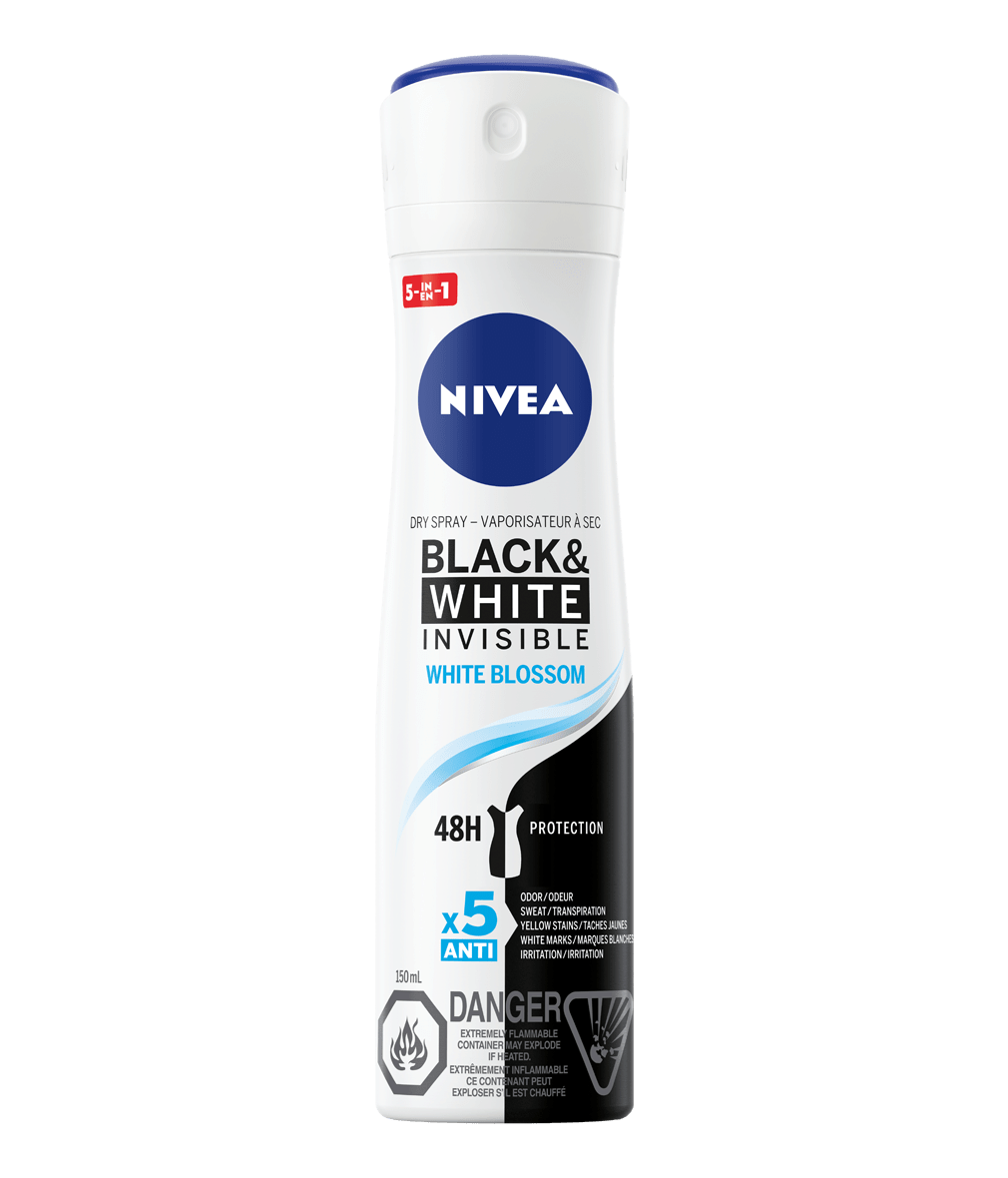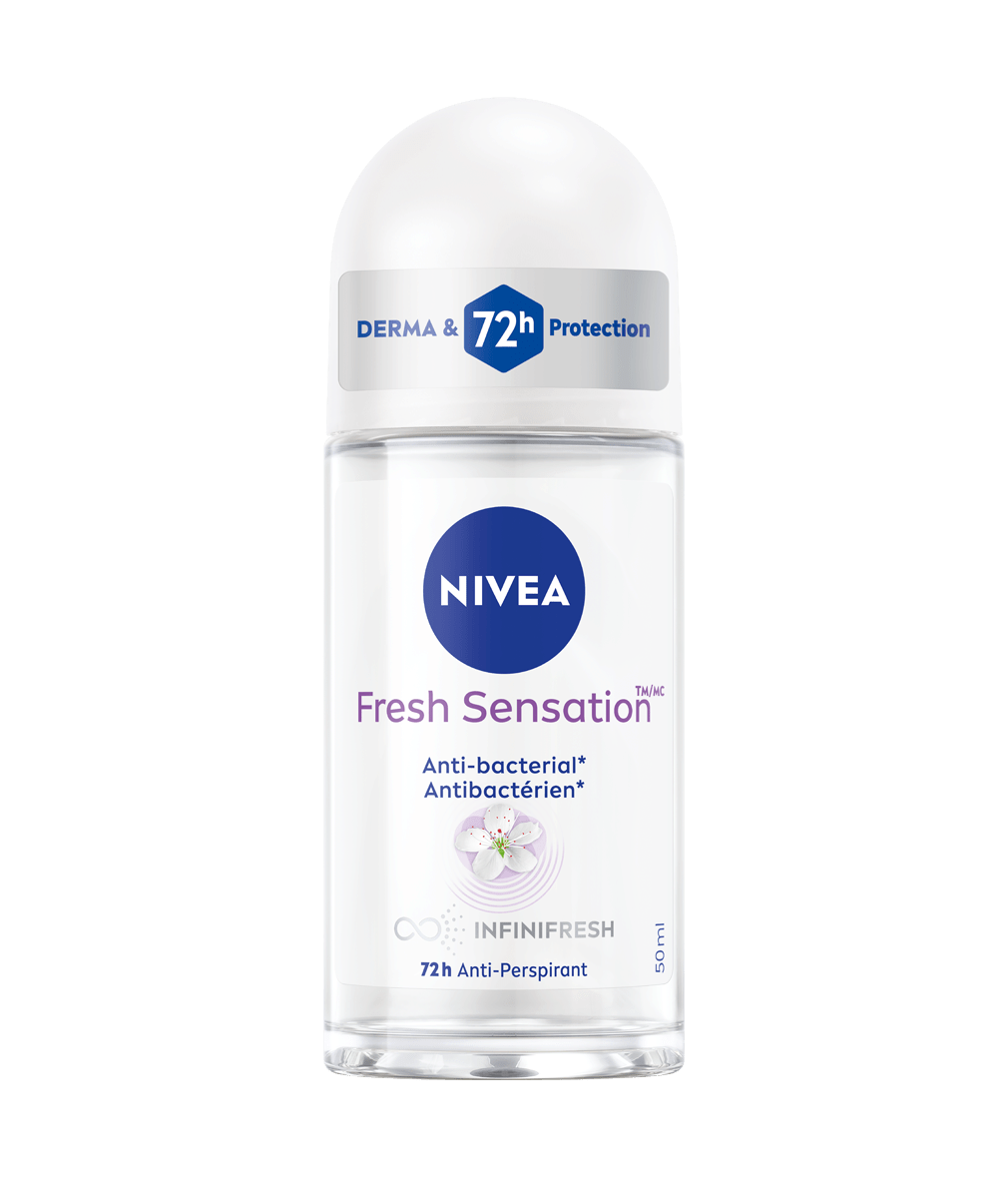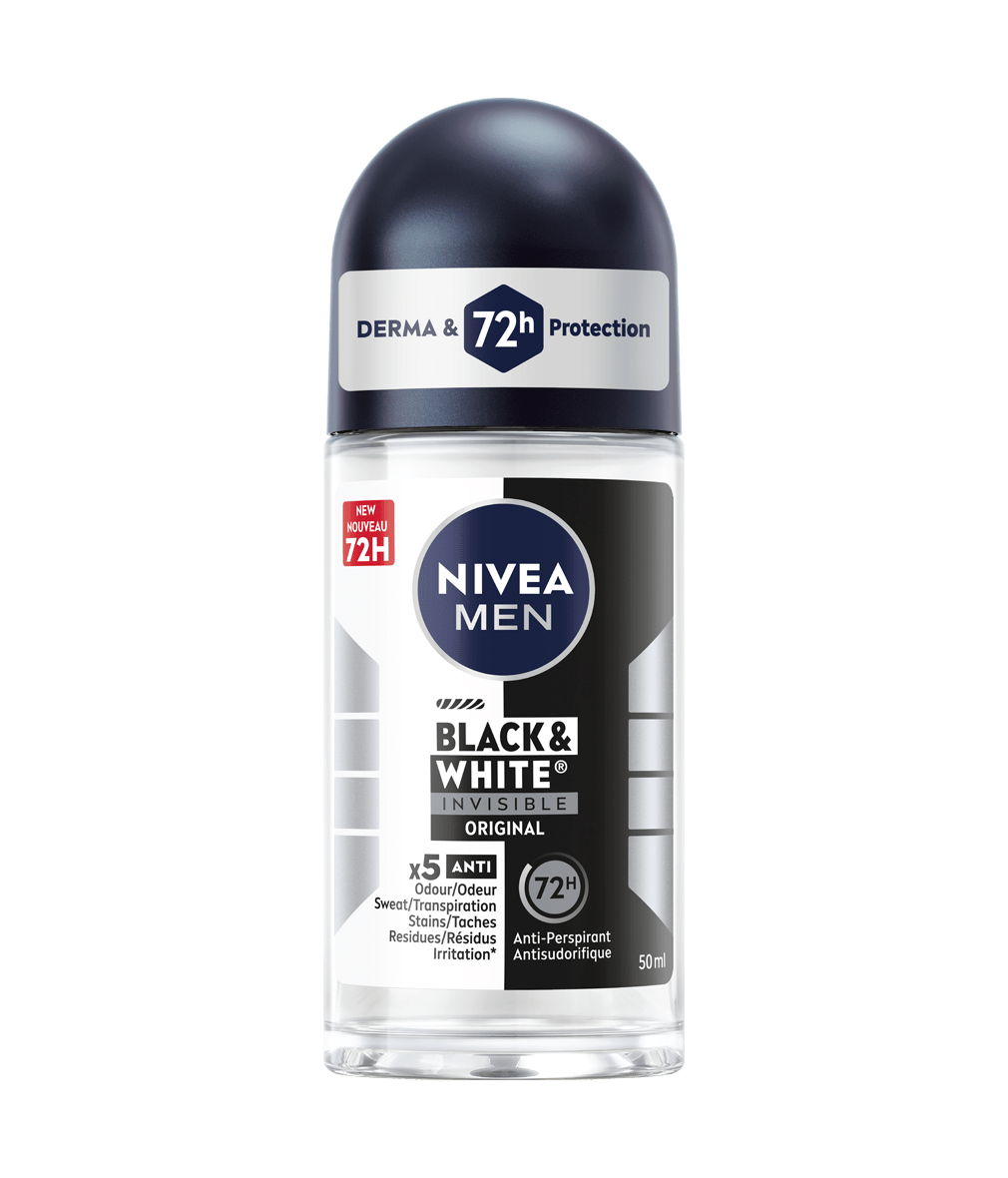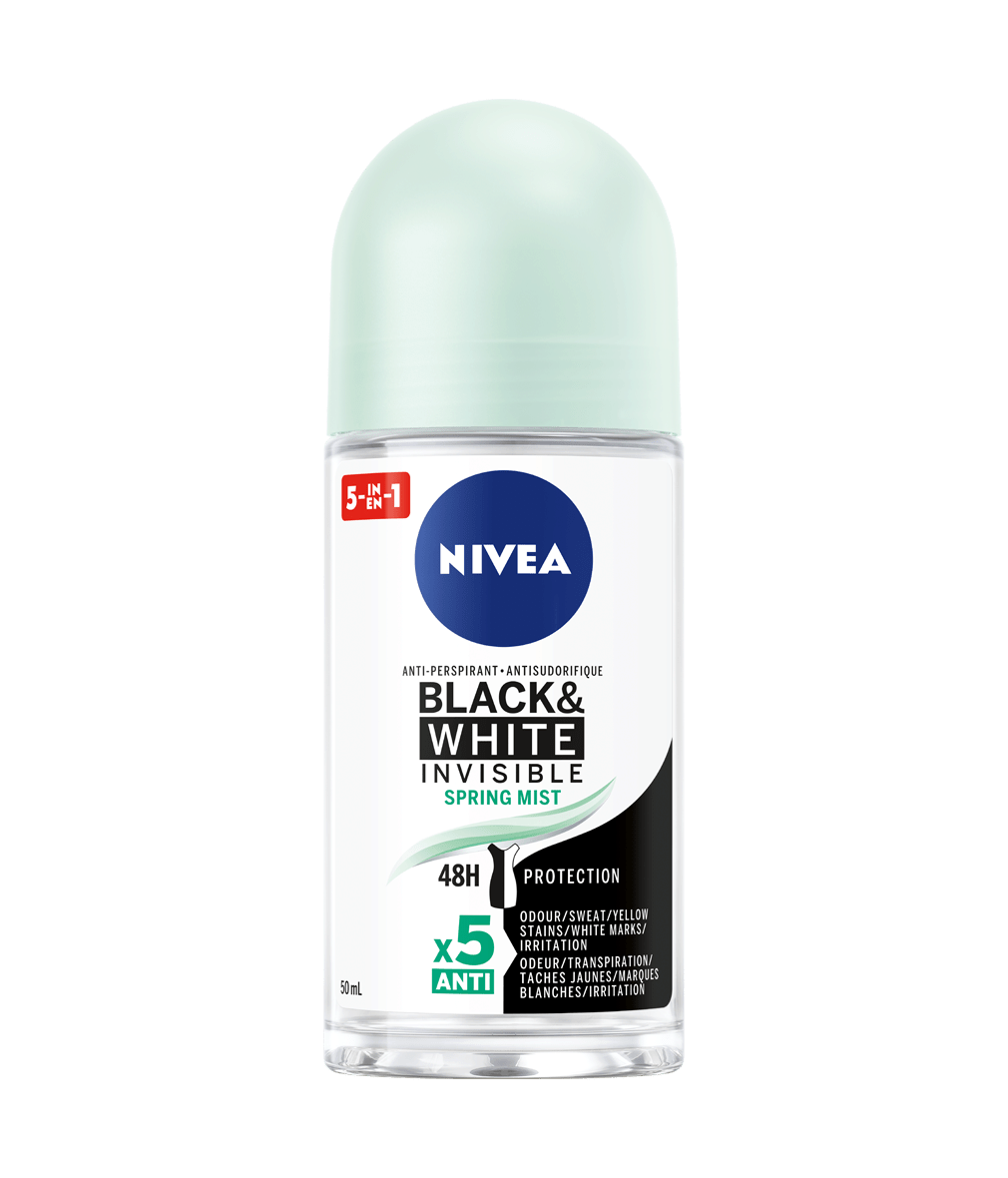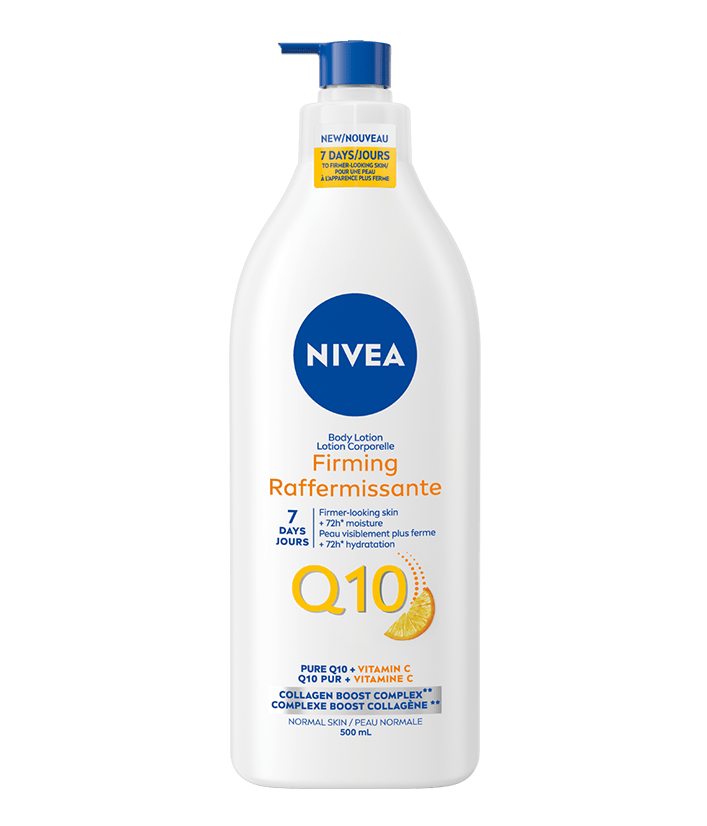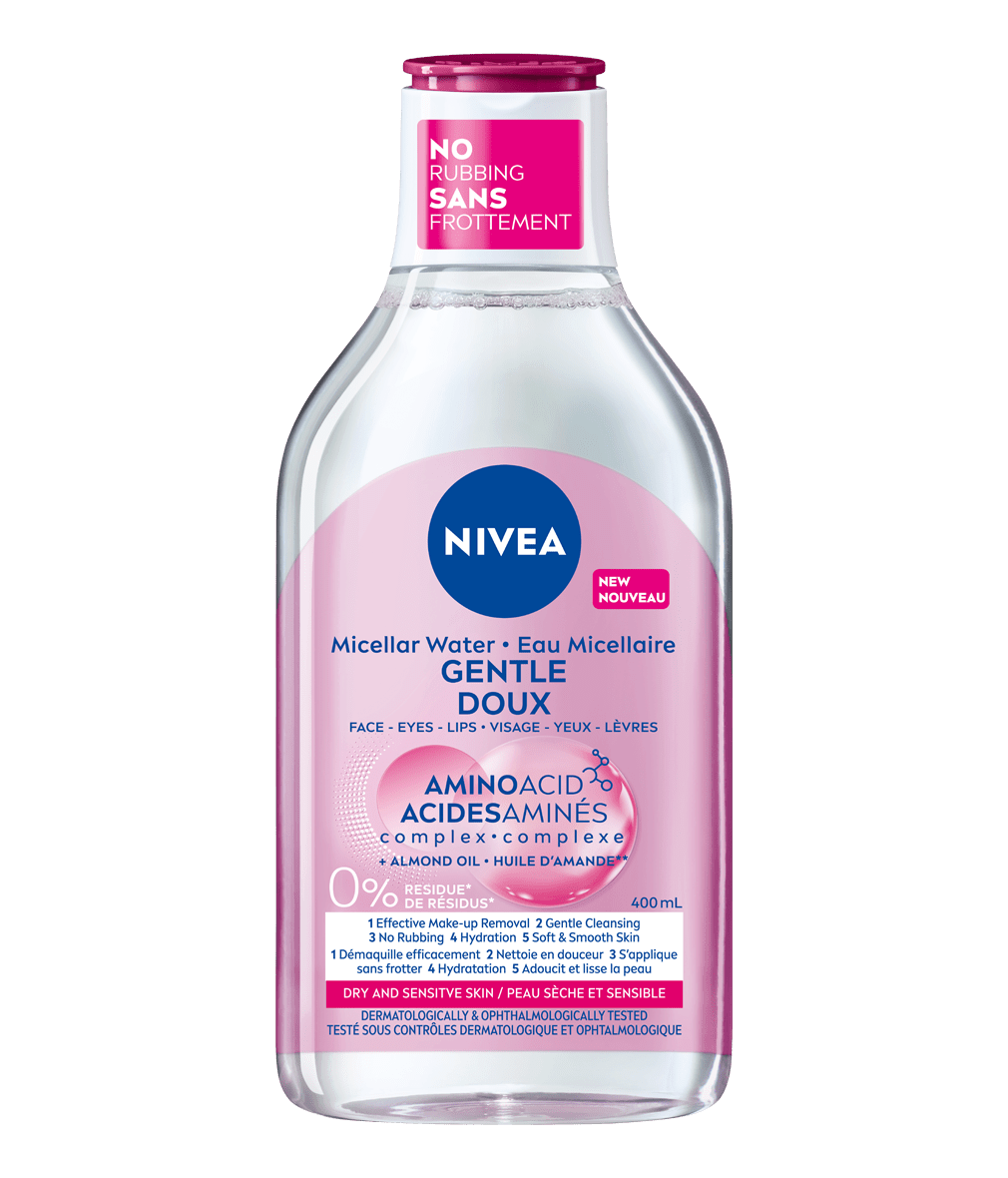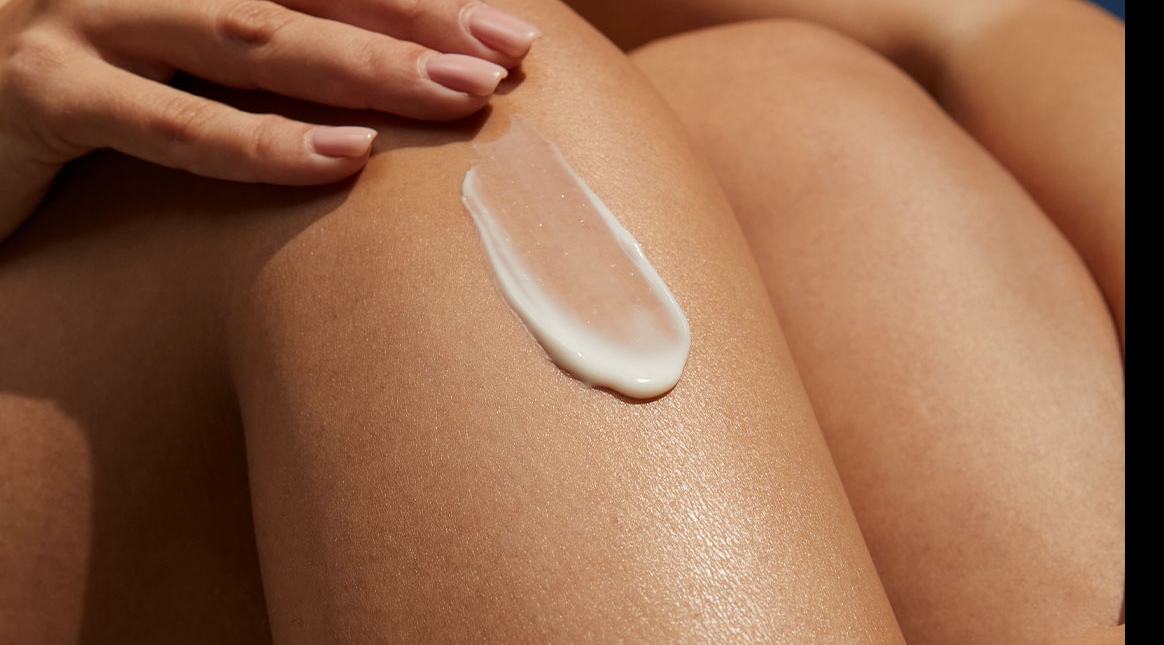
Why do I sweat so much? Help for Excessive Sweating
Understand the causes of excessive sweating and uncover effective ways to manage it.
Why do I sweat so much?
Sweat is a natural bodily function that helps regulate body temperature and keep you cool. Produced by sweat glands located all over the body, sweat is mostly made up of water and salt. When your body temperature rises due to heat, exercise, or stress, your sweat glands release moisture onto your skin, which then evaporates to cool you down. While sweating is essential for maintaining your body's temperature, excessive sweating can be uncomfortable when it occurs more than necessary. Read on to learn what causes excessive sweating and how to manage it.
What is excessive sweating?
A “normal” amount of sweating is different for everyone, and sometimes our bodies sweat more than usual for completely normal reasons such as being overheated, nervous, or with rigorous exercise.
If you’re sweating more than normal without a clear cause, or if excessive sweating is having a negative impact on your life, you may have a condition known as hyperhidrosis. Hyperhidrosis is a condition where the body produces more sweat than is necessary for temperature regulation. While sweating is a natural mechanism to cool the body, individuals with hyperhidrosis experience overactive sweat production, which can occur even without typical triggers such as heat, exercise, or stress. Understanding the causes of excessive sweating is essential for identifying appropriate treatment options.
If you’re sweating more than normal without a clear cause, or if excessive sweating is having a negative impact on your life, you may have a condition known as hyperhidrosis. Hyperhidrosis is a condition where the body produces more sweat than is necessary for temperature regulation. While sweating is a natural mechanism to cool the body, individuals with hyperhidrosis experience overactive sweat production, which can occur even without typical triggers such as heat, exercise, or stress. Understanding the causes of excessive sweating is essential for identifying appropriate treatment options.
6 Causes of excessive sweating
Recognising your triggers is the first step in learning how to help prevent excessive sweating. Common causes of excessive sweating include:
Who sweats more – men or women?
You might have noticed that some people seem to sweat more than others—and yes, gender can play a part. On average, men do tend to sweat more than women, especially during exercise. This is primarily due to natural differences in body composition and hormones. Men typically have more muscle mass and higher testosterone levels, which can lead to a greater number and size of sweat glands. However, individual factors such as fitness level, temperature, and stress can also affect how much we sweat. Therefore, while general trends exist, sweating remains a highly individual experience.
Facts Overview
Excessive Sweating – Facts Overview
How to sweat less
Sweating is a natural function of the body and can’t be prevented entirely. However, if you sweat a lot and it bothers you, here are some practical tips that might help you to reduce the amount you perspire. In the event of excessive sweating, it is important to consult a healthcare professional to check for any possible underlying health conditions that may be causing your symptoms. The effects of sweating are due to many factors and is a natural function of the body, so any solution should be regarded as temporary.
NIVEA Deodorants and Anti-Perspirants
Summary
Sweating is a natural bodily function that can cause self-consciousness when it feels like you’re sweating too much, but it doesn’t have to control your life. By understanding its causes and learning how to sweat less with practical advice and reliable products such as the NIVEA deodorants, you can regain your confidence and feel fresh all day long. Remember that anti-perspirants are a temporary solution. Seek medical advice in the event of unexplained excessive sweating to identify the underlying causes and determine the appropriate treatment.




